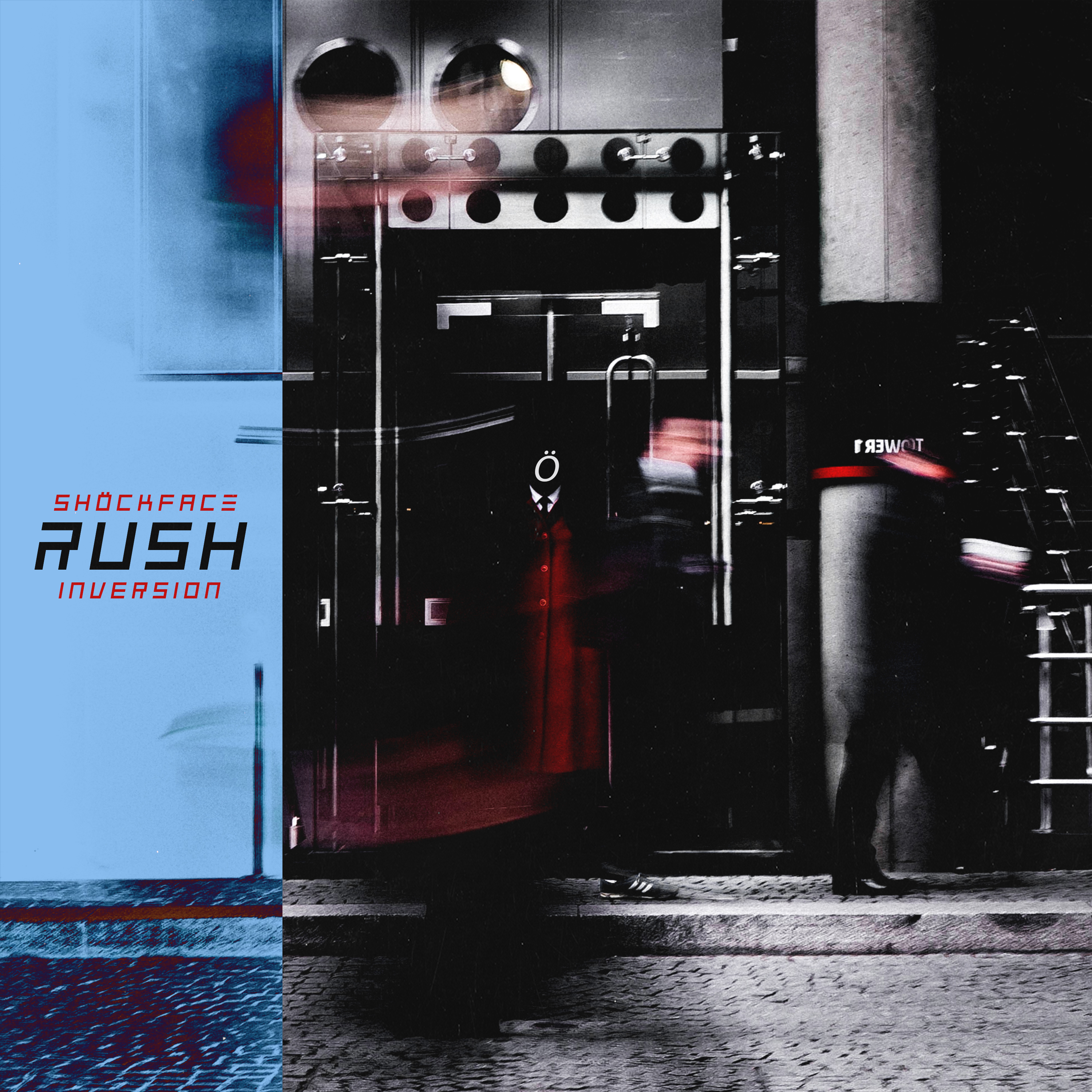If you have yet to come across Essenger‘s music… I won’t say you’ve been living under a rock, but you most certainly have been missing out.
Jeff Simpson (Essenger) has been making music for a lifetime, releasing and performing under several different aliases with mild success, though with no success quite matching up to his skill level. Thankfully, Simpson finally saw a big breakout last year with his Essenger project, just a few months after debuting the alias in 2018.
Simpson’s rich vocals and vivid lyricism caught the attention of names like Dabin and Mazare, who both brought the aspiring artist on board for a couple massive collaborations (“Home” from the acclaimed Wild Youth LP and the punk-infused drum & bass heater “Berserker,” respectively). Simpson also released several well-received solo tunes throughout 2019, including “Dissolve,” “Afterburner” and the Seeking Blue-released “Quivira.”
Toward the end of the year, Essenger teased the early workings of a partnership with Scandroid’s FIXT Neon imprint with a couple singles from his first-ever album After Dark (including the title track, as well as “Downfall” with Echos’ Lexi Norton). Both singles pointed toward a more synthwave-centric sound from Essenger than seen in his previous releases.
After Dark is finally out today and it certainly lives up to the precedents set by its first few singles (in addition to some of Essenger’s best work). The album is simultaneously a journey through the sonics of synthwave and an experiment in pushing its limits. After Dark features no shortage of punk and metal influence, culminating most notably on “Half-Life” and the Young Medicine collaboration “Lost Boys.”
On After Dark, Simpson stated “[the] record follows a fairly linear story about existential dread, detachment and the struggle of reconciliation with the human condition in a rapidly-evolving world.” Fittingly, the project features numerous poetic, thought-provoking lyrics that immerse listeners into a fantastical world while also bringing real-world issues to the forefront (see “Empire of Steel” with Scandroid for some important commentary on job automation).
All in all, fans of the genre After Dark is centered around –and perhaps even those indifferent to it– ought to find enjoyment in both the album’s stylistic blending and its story-driven feel (as well as some great melodic licks and riveting guitar solos). I would absolutely recommend not missing out on this one. Listen to After Dark below.




















